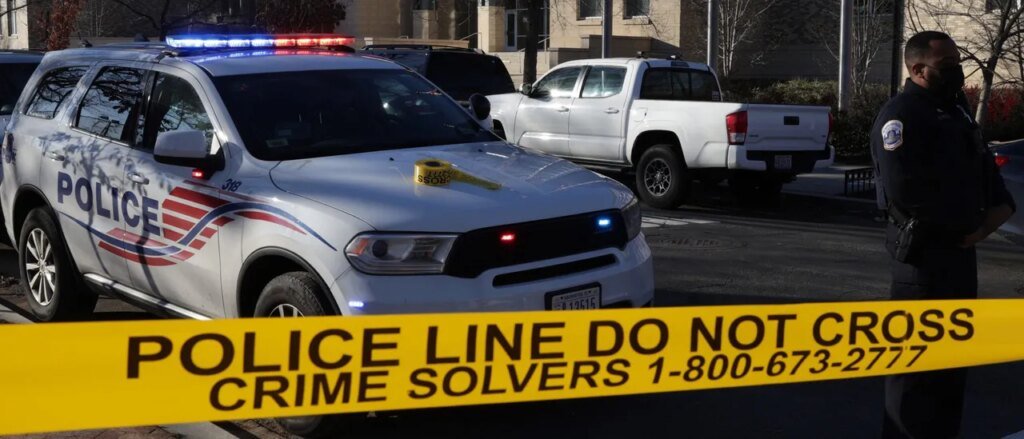Investigation into D.C. Police Department’s Crime Data Manipulation
The House Oversight Committee is currently investigating allegations that the leadership of the Metropolitan Police Department (MPD) in Washington, D.C., is deliberately manipulating crime statistics. Two sources, who spoke on condition of anonymity, shared insights into how the city appears to downplay violent crime issues.
One source suggested that MPD and local government often allow suspects to evade more serious charges right from the point of arrest. They emphasized that this practice cascades downward from high-ranking officials, encouraging officers to minimize violent crime reporting.
According to some MPD reserve officers, many of these adjustments happen on-site because the responding officers lack the authority to classify violent crimes. Instead, such classifications are typically left to supervisors like sergeants and lieutenants. One officer noted, “They require an official, like a sergeant, to make those decisions. It’s putting people involved in crime statistics in charge of whether those statistics are recorded.” This creates a situation where responding officers might hesitate to escalate cases, perhaps out of concern for burdensome calls to their commanders.
Contrary to D.C.’s practices, officers from police departments outside the city indicated that it’s uncommon for supervisors to intervene so directly, with guidance typically provided only in complex situations while leaving the final charging decisions to arresting officers.
Some officials pointed out that political and economic factors might be at play in the minimization of violent crime stats. D.C.’s ongoing risk of losing “home rule” might intensify the desire to present a decrease in violent crime rates.
Another tactic reported involves a law passed by the D.C. Council designed to tackle the surge in violent crime post-Covid. Under this law, the charge of “endangerment with a firearm” can replace charges of “assault with a dangerous weapon.” While still classified as a felony, it doesn’t count as a violent crime in the same way.
An officer acknowledged the law could be useful in specific scenarios but admitted it has often been misused. They recounted an incident where a suspect who discharged a weapon at a group was charged with endangerment instead of assault, highlighting how the minimization mentality extends beyond just the violent crime category. There are instances where officers might be instructed to ensure sufficient evidence exists in car theft cases before classifying them as stolen.
In another hypothetical case, if a group of juveniles assaulted someone and then took their phone, some officials deemed it a simple attack rather than a robbery—a classification that ideally should have been reported as a violent crime.
Despite the MPD not providing comprehensive data, there were numerous instances of “endangerment with a firearm” cases recorded in the last year. Even if some cases were more accurately classified under their new definitions, they don’t contribute to a decline in overall violent crime statistics.
D.C.’s definition of violent crime differs from the FBI’s broader classification, which includes a greater variety of violent offenses. Sources have also pointed out that MPD does not employ the national incident-based reporting system, which tracks a larger number of violent crimes.
Interestingly, while D.C. has reported a nearly one-third reduction in the murder rate between 2023 and 2024, concerns remain about the misleading nature of these statistics and whether people actually feel safer. An officer remarked, “Even if they say crime is down, people still don’t feel secure.”
Furthermore, the MPD’s unique “papers” process—the way in which arrests lead to formal charges—also varies from that in other cities. Essentially, this decision is made by the federally appointed U.S. attorney rather than local district attorneys, creating another layer of complexity in public safety management.
Sources within the department claimed that around 42% of cases were not prosecuted under the current administration, a figure that was criticized as part of the broader issue of accountability within the D.C. public safety system.
Rumors of misconduct have circulated, hinting at instances where crime classifications may have been altered upon direction from superiors, although such occurrences are termed rare and inappropriate by some officers.
Chief Pamela A. Smith reassured the public of the department’s commitment to trust and transparency, vowing to address any discrepancies quickly and uphold accountability among officers. Despite the challenges, she expressed confidence in the current command staff’s leadership.







